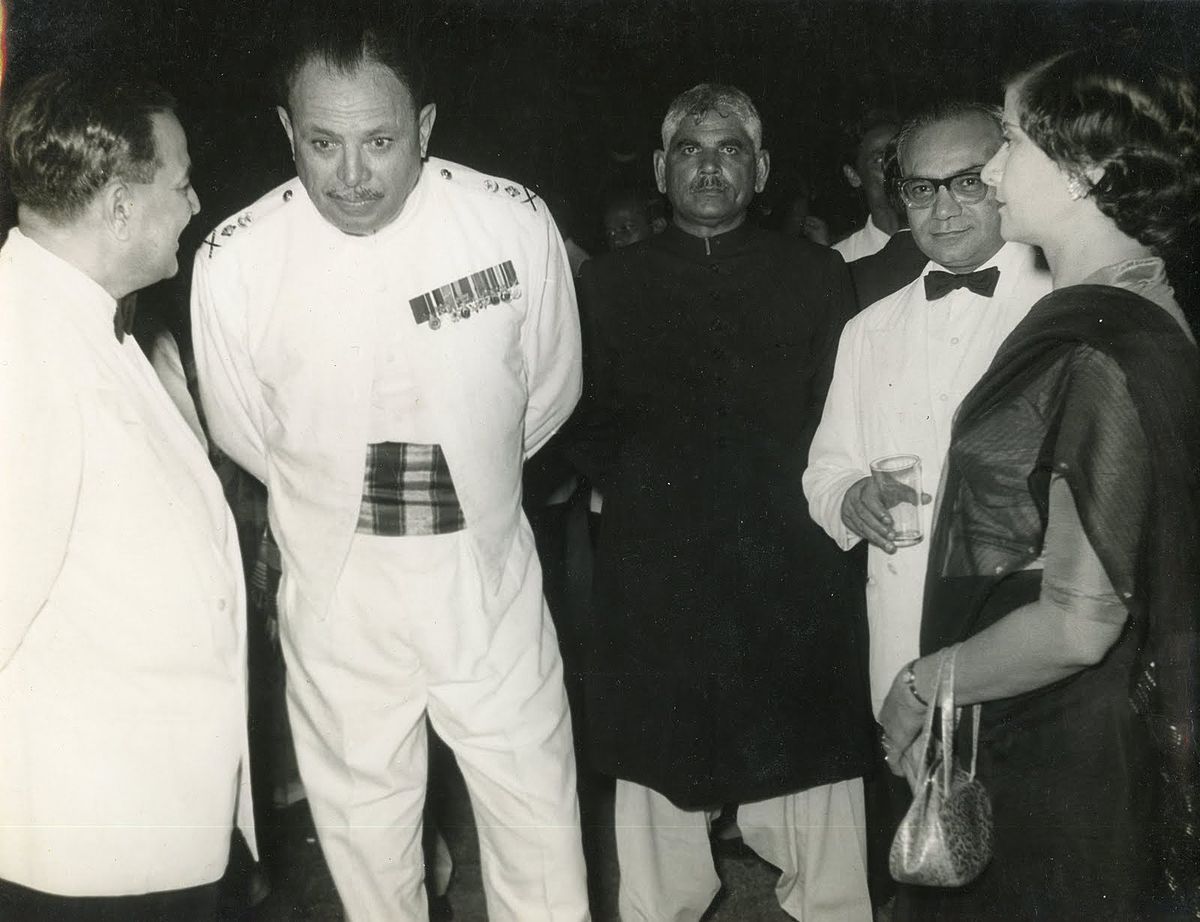
Great Decade: Pakistan under Ayub Khan
PakistanIn 1958, Pakistan's parliamentary system ended with the imposition of martial law. Public disillusionment with corruption in the civil bureaucracy and administration led to support for General Ayub Khan's actions.[16] The military government undertook significant land reforms and enforced the Elective Bodies Disqualification Order, barring H. S. Suhrawardy from public office. Khan introduced "Basic Democracy," a new presidential system where an electoral college of 80,000 selected the president, and promulgated the 1962 constitution.[17] In 1960, Ayub Khan won popular support in a national referendum, transitioning from a military to a constitutional civilian government.[16]
Significant developments during Ayub Khan's presidency included relocating the capital's infrastructure from Karachi to Islamabad. This era, known as the "Great Decade," is celebrated for its economic development and cultural shifts,[18] including the rise of the pop music, film, and drama industries. Ayub Khan aligned Pakistan with the United States and the Western world, joining the Central Treaty Organization (CENTO) and the Southeast Asia Treaty Organization (SEATO). The private sector grew, and the country made strides in education, human development, and science, including launching a space program and continuing the nuclear power program.[18]
However, the U2 spy plane incident in 1960 exposed secret U.S. operations from Pakistan, compromising national security. The same year, Pakistan signed the Indus Waters Treaty with India to normalize relations.[19] Relations with China strengthened, particularly after the Sino-Indian War, leading to a boundary agreement in 1963 that shifted Cold War dynamics. In 1964, the Pakistani Armed Forces suppressed a suspected pro-communist revolt in West Pakistan, and in 1965, Ayub Khan narrowly won the controversial presidential election against Fatima Jinnah.
